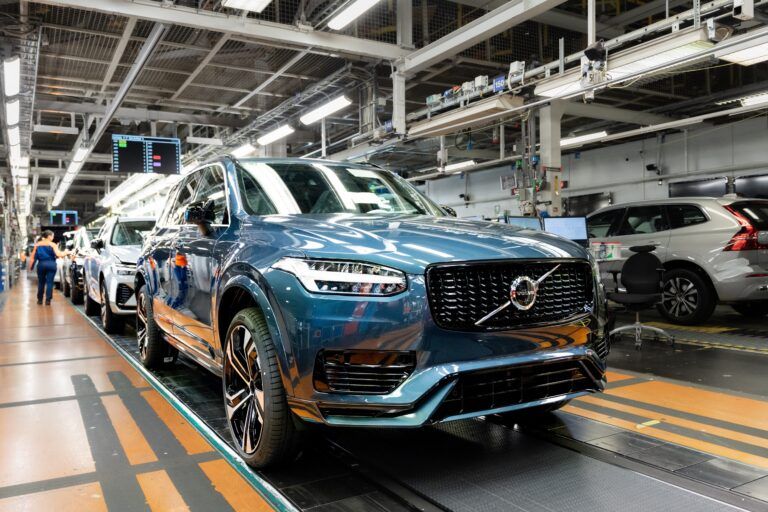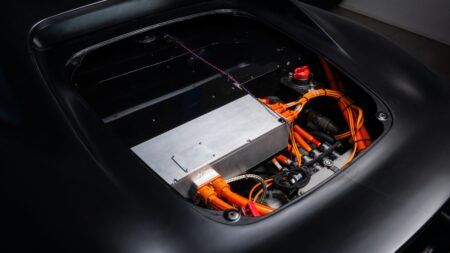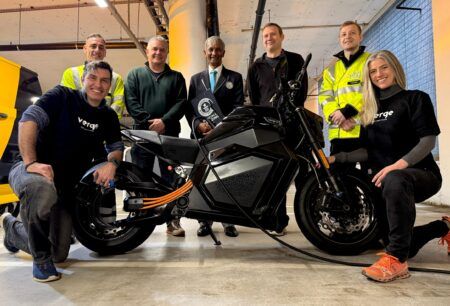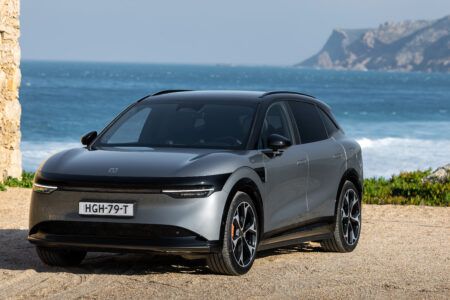Volvo has become the first major manufacturer to completely stop production of diesel-engine cars, accelerating its drive to become an electric-only brand by 2030. This brings an end to the brand’s 45-year relationship with diesel engines and makes good on its promise to end diesel powertrain production by 2024 at last year’s Climate Week in New York.
The marque confirmed that its final diesel rolled off the production line at its Torslanda plant in Sweden on 26 March. The XC90 diesel car is destined for the new World of Volvo museum that opens in April.
“Only five years ago, the diesel engine was our bread and butter in Europe, just like it was for most other car makers,” said Volvo in a statement. “The majority of the cars we sold in Europe in 2019 ran on diesel, while electric models were just starting to gain traction. Today, most of our sales on the continent are electrified cars. Last year, we increased our sales of fully electric cars by 70 per cent, and our global electric market share by 34 per cent. The figures speak for themselves, underscoring that the all-electric direction we’re now heading towards is the right one to take, and we do so with our flag held high.”
Having sold its stake in Aurobay – the combustion engine joint venture company Volvo have with Chinese automotive company Geely Holding – the brand will shift to electric-only car production by 2030, with factories being refitted to accommodate the production of EVs and battery drivetrains.





